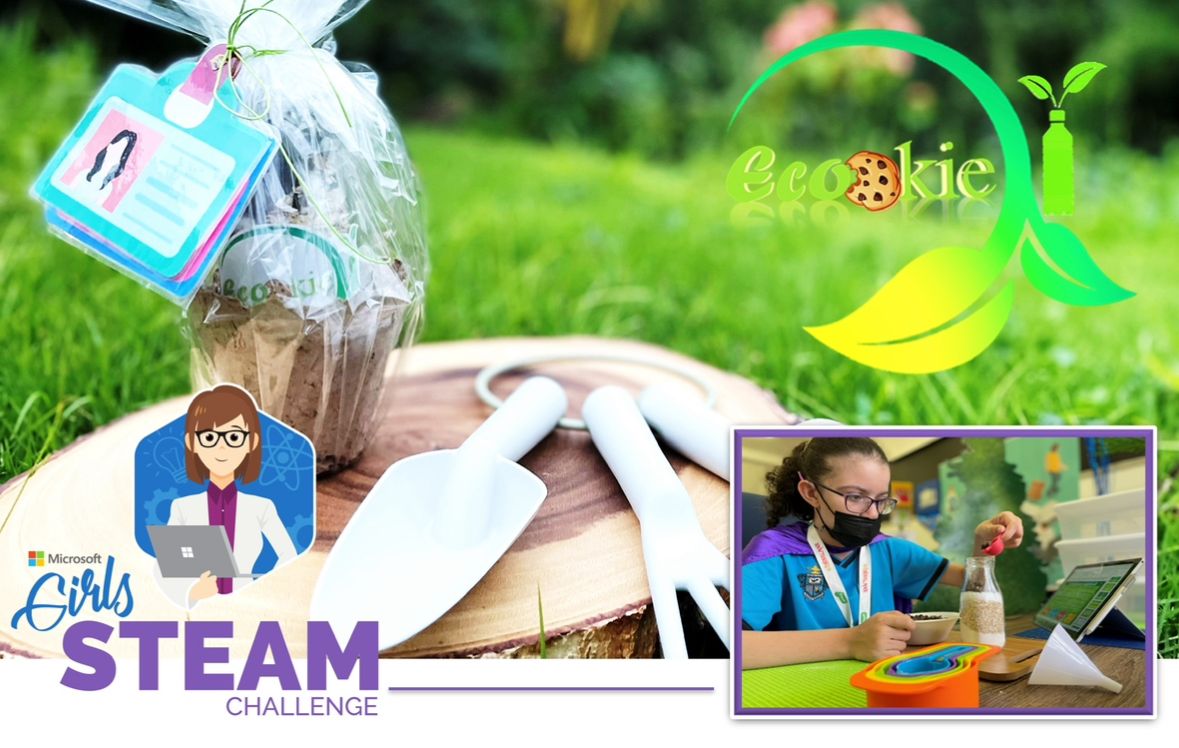I also enjoy creating comics with students.
The process of creating one is not difficult, as it follows a basic structure: setup, conflict, and resolution. First, students can learn about the 17 goals and then choose one goal to focus on in their own comic story.
Set up: First ask the students to create the main character (the protagonist) in their day to day lives.
Conflict: Then ask the students to intoduce something or someone to disrupt that normality. Most stories have what’s called an ‘inciting incident’, which is an event that kicks off the main conflict of the story.
Resolution: At the end of the story your comic will build to a climax (often where the protagonist faces off with the villain, also known as the antagonist) and some kind of resolution will be reached.
The resolution of the story doesn’t necessarily have to be a happy one, but it does need to give a reader some kind of closure on the plot.
You could even organize a small exhibition of these comics in your school's hall.

